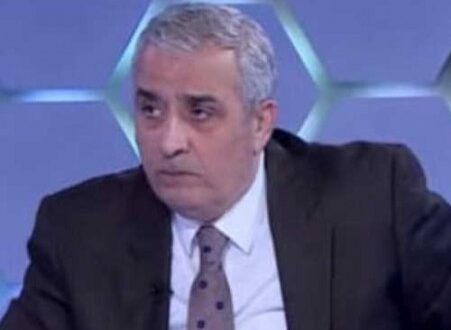Eng. Saleem Al-Bataineh
There seems to be growing consensus in Jordan about the dissonance between the roles and rhetoric of many current and former officials. These individuals, gripped by political blindness and detached from reality, persist in speaking when silence would serve the nation better. They speak with neither caution nor clarity—pushing well beyond the bounds of what is appropriate.
Some seem to labor under the illusion that their televised interviews will ignite public debate or shape national discourse. Instead, their statements often invite ridicule and contempt.
This is not a new phenomenon. We are watching a steady stream of individuals rush toward the spotlight, toward normalization with Israel, with motives and agendas that remain unclear. Their initiatives, articles, and off-script interviews defy logical explanation or translation into any constructive political dialogue.
A recent televised interview by a former Jordanian official on an international news network is a case in point. He spoke of “warm peace” with Israel, the future of Gaza, and reaffirmed his personal attachment to the peace treaty—as though he were articulating official Jordanian policy or reflecting national consensus.
But who gave him the mandate to speak on behalf of Jordan? As I listened, I searched for the right words to describe my reaction—but words failed. His monologue followed the same incoherent pattern that has long characterized his political thinking: erratic, unanchored, and open to whatever interpretation suits the listener.
What is most disheartening today is not just the content of these statements, but the culture of political foolishness and performative chatter that enables them. This stems from a deep intellectual stagnation in our political climate—a vacuum that opportunists and attention-seekers exploit without regard for the shameful price of playing pre-scripted roles “outside the text.”
This brings to mind the French psychoanalyst Jacques Lacan (1901–1981), who once referred to politically “castrated” individuals—those whose roles are entirely prewritten and whose existence is defined by submission and obedience. Many of our so-called voices today are simply playing parts in a theater not of their own making.
Meanwhile, just days ago, Israel’s Heritage Minister Amichai Eliyahu called for dropping a nuclear bomb on Gaza. The maps brandished by Netanyahu and Smotrich aim to erase Palestine and annex Jordan. Israeli leaders speak day and night of reshaping the Middle East according to a biblical vision. And yet, some of our own still speak of peace?
This is not merely misguided—it is delusional. We are living in the era of infectious political chatter. It is time we call things by their names.
What is happening in Gaza goes far beyond Hamas or any faction. It defies description. Gaza is being annihilated in one of the most brutal and merciless campaigns of our time. Civilians are slaughtered in their tents, children and mothers torn apart—this is no longer about politics. It is about human decency.
So I ask: What does dignity mean? And who gets to define it?
How can anyone live without it—unmoved by the loss of one’s past, present, and future?
It is time to wake up. The illusion of peace is a waste of time. After 29 years of “peace,” all we have is more wreckage—more illusions piled atop the rubble.
There can be no reconciliation with Israel. The Jordanian people will not betray Palestine. This is not a call for war—it is a call for dignity. Those applauding Israel today will weep tomorrow.
Let us remember the late, brilliant Egyptian actor Tawfiq Al-Daqn, and his iconic role in the film I Love You, Hassan, playing the neighborhood thug who would melodramatically declare: “There’s nothing sweeter than honor!”
Indeed, there is nothing sweeter than honor—but first, we must decide what kind of honor we’re talking about.
Until then, let us meet again—in truth, and in dignity.
 Geostrategic Media Political Commentary, Analysis, Security, Defense
Geostrategic Media Political Commentary, Analysis, Security, Defense





